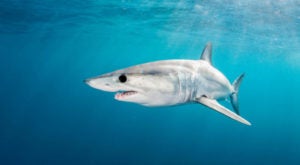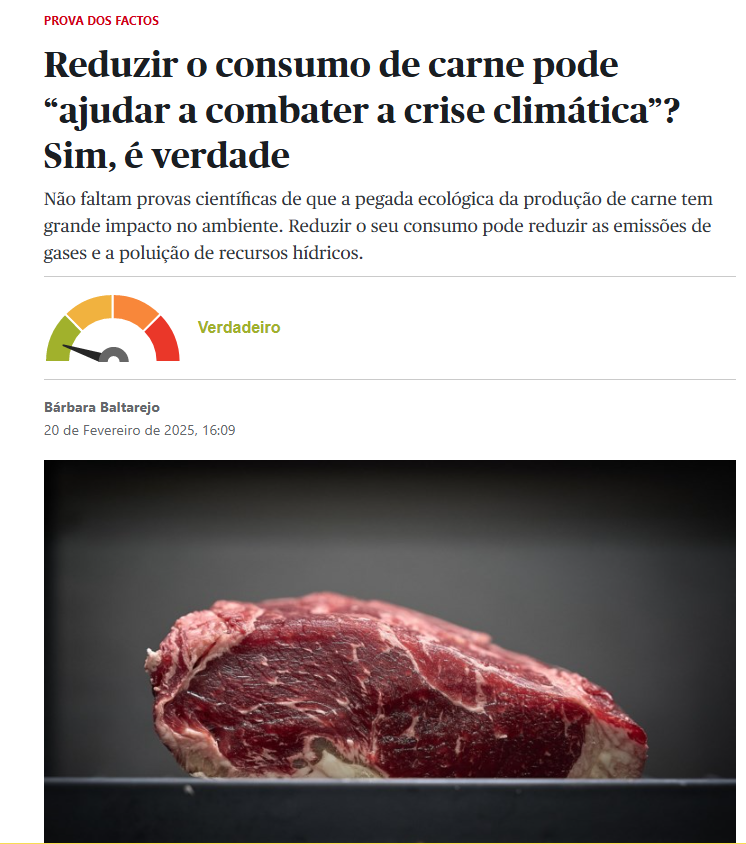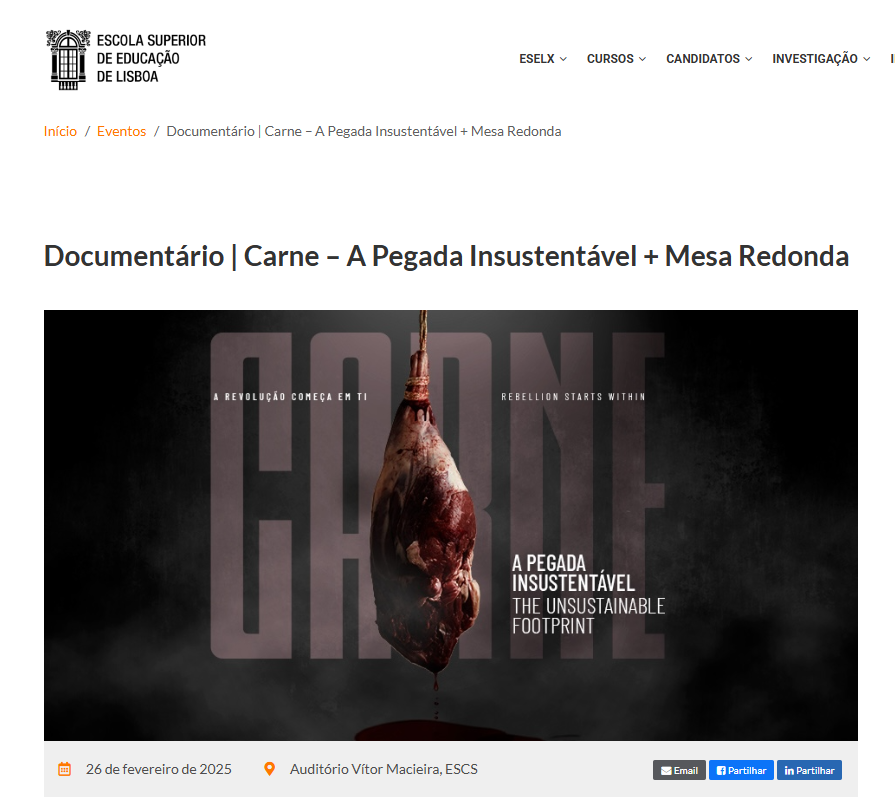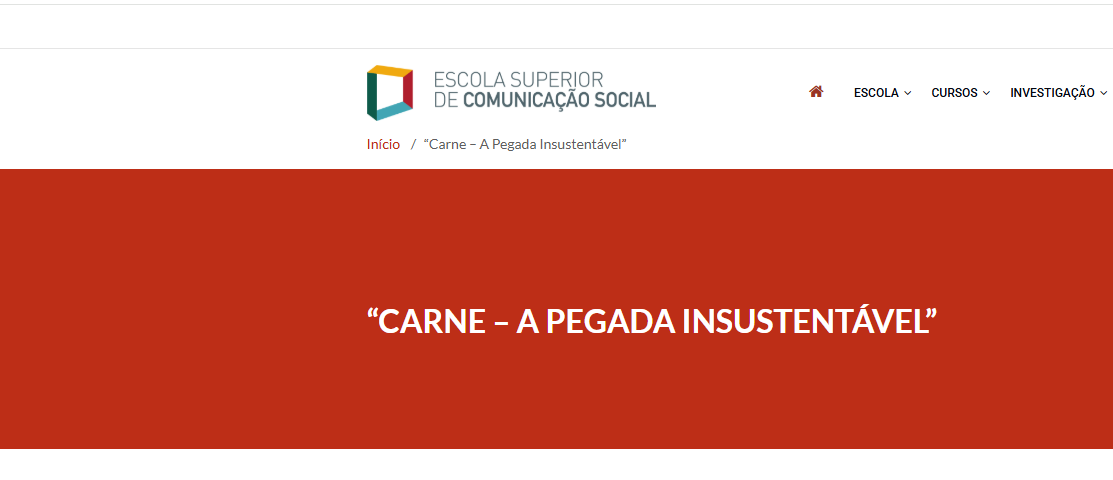 Wildestanimal/Alamy Stock PhotoShortfin mako shark
Wildestanimal/Alamy Stock PhotoShortfin mako shark
BRUSSELS—The European Union must stop allowing the fishing industry to keep and profit from endangered shortfin mako sharks ‘accidentally’ caught in the North Atlantic, or risk the species going extinct, warn leading animal protection groups Pro Wildlife, Humane Society International/Europe, and Sharkproject. While scientists, NGOs, and the EU’s environmental authorities agree that a mako shark retention ban is needed, the EU’s Directorate-General for Fisheries and Maritime Affairs (DG MARE) is still pushing for a Total Allowable Catch (TAC) quota of 500 tonnes for mako sharks in the North Atlantic. During a virtual webinar – hosted by Portuguese MEP Francisco Guerreiro (Greens/EFA) – the NGOs expressed their disappointment at the EU’s unwillingness to place scientific advice for shark conservation over the business interests of the fishing industry.
Dr Ralf Sonntag, marine expert at Pro Wildlife, stated “Time is running out for the mako shark, so the EU needs to act now, otherwise it risks further declines of an already endangered top predator that is essential for healthy oceans. The science is clear, only an immediate retention ban in the North Atlantic will give makos the chance to continue playing their crucial role in the marine ecosystem. In the South Atlantic, the situation is not yet as critical as it is in the North, but will probably end up following a similar trajectory if overfishing continues.”
Dr Joanna Swabe, senior director of public affairs for Humane Society International/Europe, added: “If fishing boats continue to be allowed to keep and profit from selling endangered mako sharks accidentally caught in their nets, all incentives for them to avoid this bycatch in the first place are removed. Not only is DG MARE’s position counterproductive, but it also risks undermining the Commission’s EU Biodiversity Strategy, which represents a binding political commitment to protecting and restoring biodiversity, including the protection of marine species. If the EU wants to demonstrate global leadership on biodiversity protection, it needs to ensure policy coherence. The EU cannot continue with business as usual ignoring scientific advice when species are threatened with extinction.”
Dr Iris Ziegler, head of international cooperation at Sharkproject, warns: “Even at zero catch it will take probably 50 years for this overfished stock to recover. Mako sharks are highly developed, late maturing sharks, with slow reproduction rates and are therefore especially vulnerable to overfishing. However, fishermen value the bycatch of mako sharks for the market value of their meat and fins and are therefore opposing a retention ban. For the industry, economic interests are clearly more important than conservation of biodiversity.”
The Intersessional meeting of the International Commission for the Conservation of Atlantic Tunas (ICCAT), which is also responsible for the ‘sustainable’ management of Atlantic sharks, will take place from 6th to 8th July 2021. In recent years, Brussels has blocked proposals from Canada, Senegal, and other Contracting Parties for a retention ban for makos in the North Atlantic. In so doing, the EU has consistently ignored the advice from ICCAT’s scientific body, the Standing Committee on Research and Statistics, for a retention ban without exceptions.
Fast facts:
- Shortfin mako sharks are globally endangered, and in the Mediterranean Sea they are even critically endangered.
- Given their threatened status and overexploitation, mako sharks were listed on Appendix II of the Convention on International Trade in Endangered Species of Wild Fauna and Flora (CITES) in 2019.
- International trade and introduction from the sea are now only permitted if a so-called Non-Detriment-Finding (NDF) ensures sustainable offtakes.
- In December 2020, the CITES Scientific Authorities of the EU stated a negative opinion for NDF for makos from the North Atlantic.
- Spain and Portugal, the biggest fishing nations within the EU, responded to the decision by issuing a landing ban for makos from the high sea, and Spain even from national waters. Nevertheless, DG MARE continues to insist on a TAC at ICCAT and a share of 288 tonnes for EU fleets.
- With swim speeds of more than 70 km/h, makos are the world’s fastest sharks in the high seas. As apex predators, they play a key role in marine ecosystems and the conservation of marine biodiversity. Their extinction could have massive consequences, not just in the Atlantic.
View a recording of the webinar.
ENDS
Media contacts:
- Dr Jo Swabe, Humane Society International: jswabe@hsi.org
- Dr Ralf Sonntag, Pro Wildlife: mail@prowildlife.de
- Dr Iris Ziegler, Sharkproject: +49174 3795 190, i.ziegler@sharkproject.org











Público: 'Prova dos factos'
Quinta-feira, 20 de Fevereiro de 2025
LER MAIS